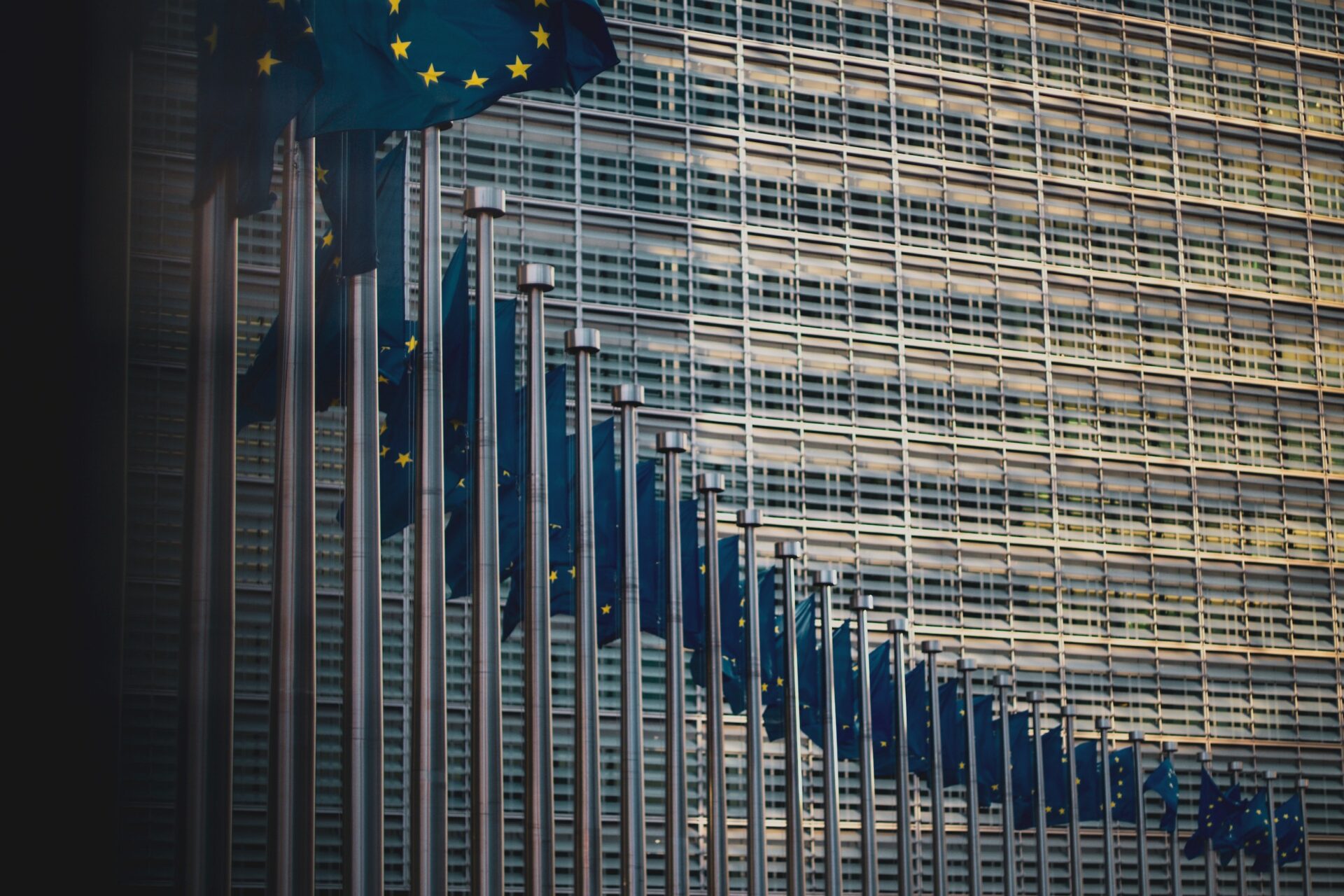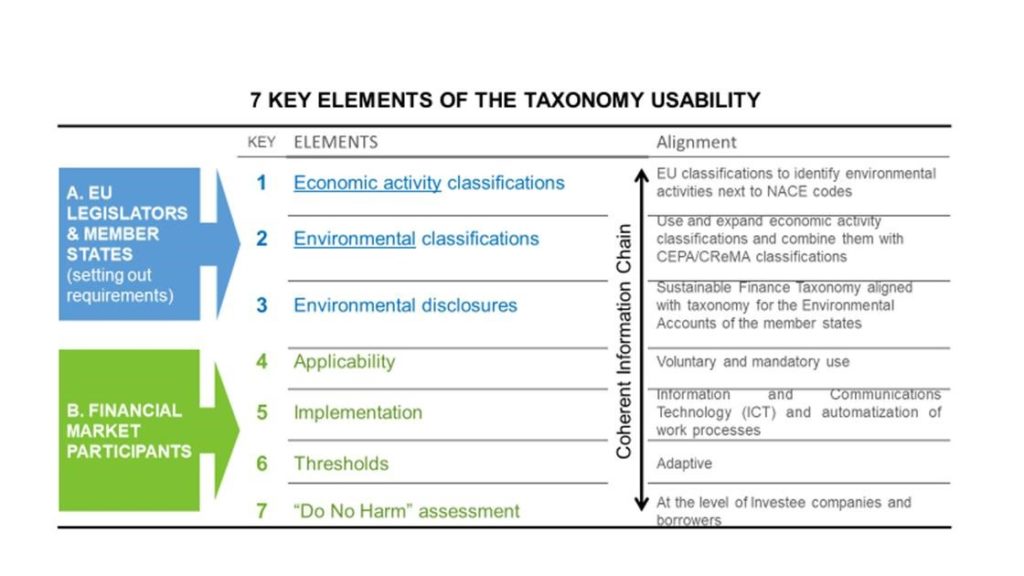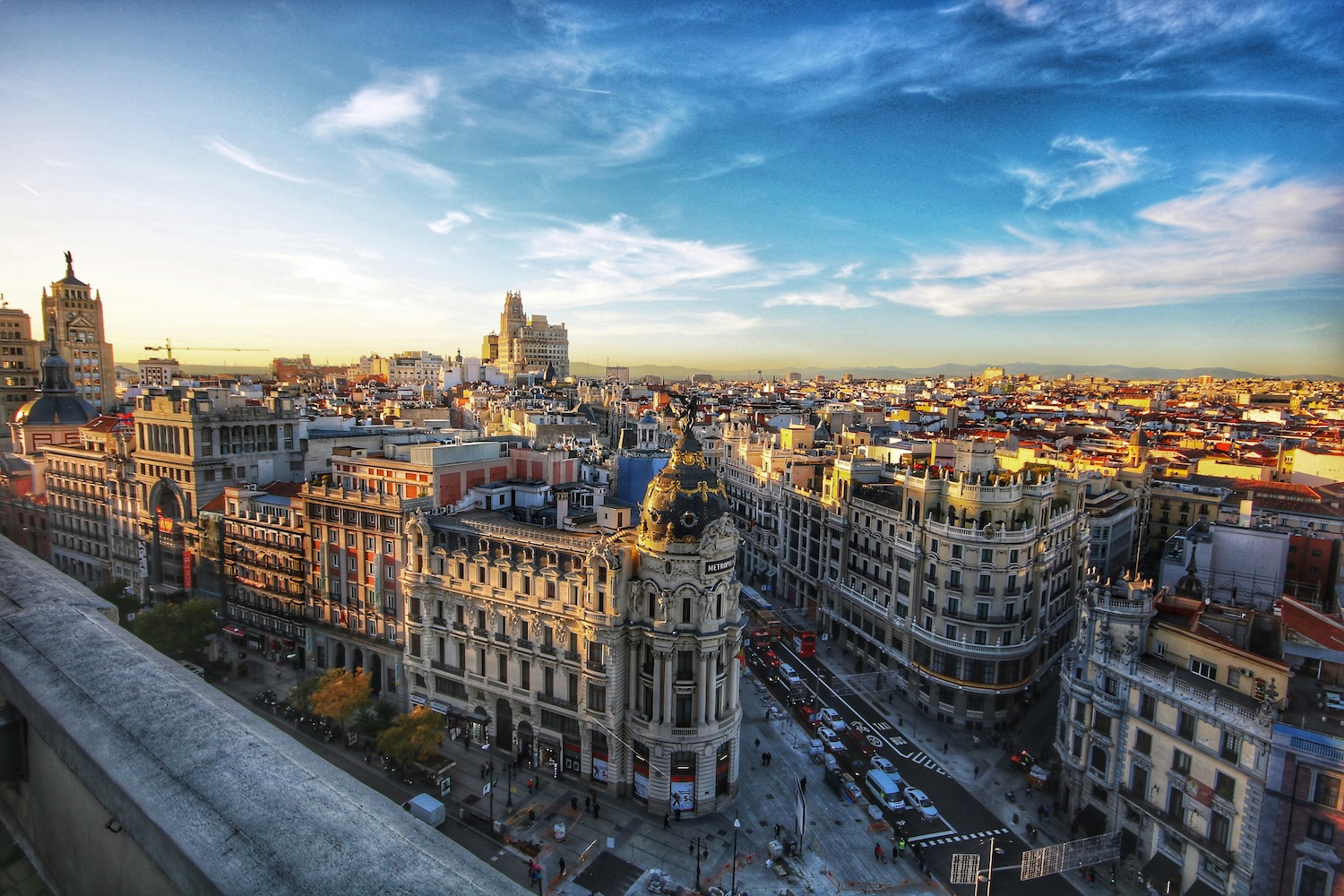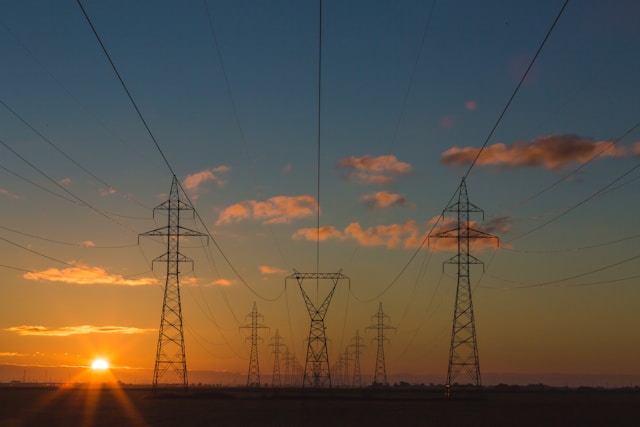
JRC : Impact of nuclear energy on humans and the environment
The European Union Research Group (JRC) has just published a detailed report on the potential impact of nuclear energy on people and the environment. The report comes at a time when Europe is engaged in a complex taxonomy assessment. This taxonomy will classify which economic activities in the European Union (EU) can be considered sustainable based on whether they meet strict environmental standards.
Taxonomy
When nuclear energy was put on the agenda last year, EU experts disagreed on whether nuclear energy deserved to be considered environmentally friendly: On the one hand, they acknowledged that nuclear energy emits little CO2 (nuclear energy with low CO2 emissions can help mitigate climate change), but on the other hand, the EU called for more research on nuclear waste and on the possible negative effects of this waste on humans and the environment. In order to clarify the EU’s position, a comprehensive study on the negative impact of nuclear energy on the climate and the environment was then commissioned by the JRC and a 387-page report was published.

Conclusions on the experts’ report
The conclusions of the report are as follows:
- There is no scientific evidence that nuclear energy is more harmful to health or the environment than other energy sources already listed in the taxonomy as “technologies that contribute to the fight against climate change”, including renewables.
- Compared to the other options (oil, gas and renewables), the impacts of nuclear energy (in terms of non-radiological effects) are as positive as those of hydropower and renewables.
- Nuclear waste disposal in deep geological formations is the most efficient and safest solution among the currently available options. Geological burial is the best option to avoid potential harm to humans and the environment.
- Nuclear accidents cannot be ruled out with 100% certainty. But the risk of an accident is very low. Compared to other energy sources, the latest generation (3rd generation) nuclear power plants are the safest option (lowest fatality rate of all available power generation technologies).
Overall, this report concludes that nuclear energy is no more harmful to humans or the environment than other energy sources currently recognised by the EU as sustainable. If EU leaders now recognise the outcome of this research, nuclear energy could be classed as sustainable, just like renewables. They would therefore both be part of the solution in the fight against climate change.
For more insight, you can get in touch with our consultants or discover their capabilities.




